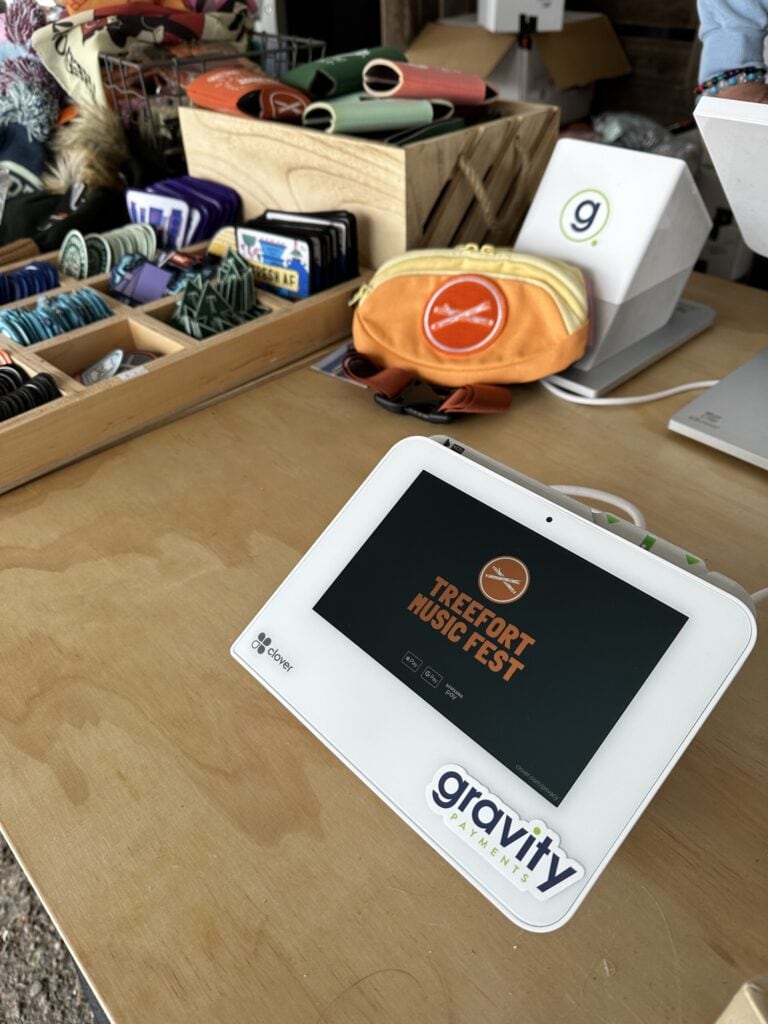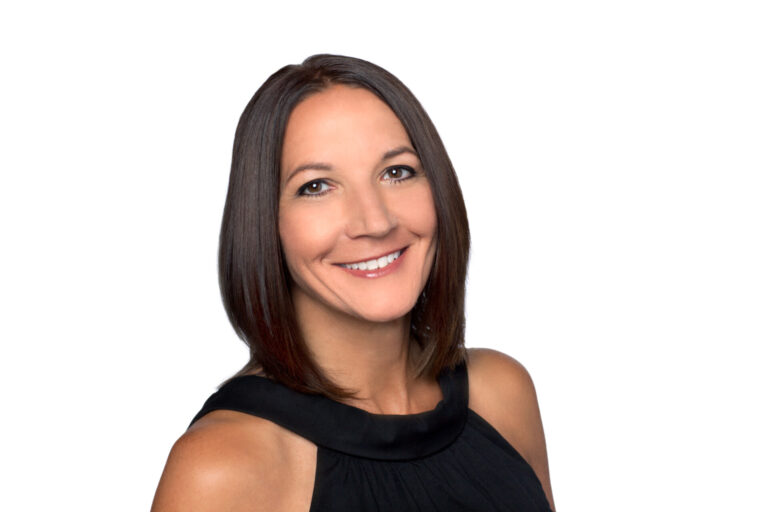
“I walked into work one day and realized I didn’t care how much I was getting paid. I didn’t want to put my moral compass in jeopardy just so I could pay the rent.”
This was the moment in which Jose Garcia says he made his first “adult decision.” For the past five years, he’d been working at a large national bank chain and had recently moved to Seattle–a place he’d always wanted to live–from Arizona to take a job in the bank’s mortgage underwriting department. Prior to that, Jose had been working in the foreclosure department, helping people who had fallen victim to the 2008 housing market crash. A native Spanish speaker, Jose worked primarily with minorities, and, although he enjoyed assisting people, he couldn’t help but consider how they’d gotten into this position in the first place. “I had to deal with people who had been taken advantage of,” he says. “No one really cared for them, and it was really reactive, not proactive, help. I was cleaning up a mess day-in and day-out.”
Get the Gravity newsletter for the latest FAQs, tools, tips and tricks
No longer willing to be a part of an organization that he felt was swindling the less advantaged while simultaneously helping millionaires buy their second and third homes, he quit his job at the bank and decided to take time off to enjoy the city he now called home. After about a year, he realized he needed to get a job and was delighted to find that what he considered his only marketable skill–speaking Spanish–was even more valuable in Seattle than it had been back home. He interviewed for several jobs before finally applying for a customer support position at Gravity. Immediately upon walking into the Gravity office, he knew the company was different.
“It was such a cool office,” he says. “Not in terms of all the physical stuff, but people were really welcoming and nice. Everyone was very, very cool. Nothing about it seemed pretentious. It was comfortable.”
He was hired in 2014, and the first few months on the job were extremely intense. “Credit card processing is such a convoluted industry that you don’t realize the time is going by so quickly. I didn’t really understand how to do my job until around six months in, but everyone was supportive, and the culture of ‘Everyone is a CEO’ really empowered everyone to make their own decisions. I felt like I was being appreciated as an employee for the first time. I didn’t feel like an employee; I felt like a person. It was a complete one-eighty from being in the corporate world.”
In addition to learning the ropes of his job, Jose also learned some very valuable lessons about himself, namely that Spanish wasn’t his only skill. “I learned that I had the ability to make decisions. It wasn’t just the company saying I could. I actually had the knowledge and the wherewithal mentally to make decisions. There was a confidence that wasn’t there before.”
This confidence inspired him to stretch his skillset. He worked with his supervisor to develop a plan that would allow him to work within a different area of the company so he could learn more about Gravity’s core business. He started working a few days a week in the deployment department and, when a supervisor position opened up about a year into his tenure, his coworkers recommended that he apply.
Jose was far from the most experienced candidate vying for the position, and he knew it. “I had dabbled in that department quarter-time compared to some of the people who were there full-time. I wasn’t the most experienced person in the department, but that wasn’t what they needed. They needed someone to lead a group of people.”
Looking back, it’s clear to Jose that the people hiring for the position saw something in him that he didn’t see in himself because he completely botched the interview–and they told him so. He’d dodged certain questions and answered others poorly, clearly showcasing his lack of knowledge about department protocol. And, yet, they offered him the position anyway. “It was scary because they basically told me, ‘You sound terrible, but we’re going to take a chance.’”
Luckily, the fact that he already knew everyone on the team helped make the transition a little easier than it might have been otherwise. What also helped? A healthy dose of humility. “I think what my supervisors, Maria and Edwin, saw in me is that I’m able to build relationships with people, and I try to do so for the greater good. I was able to have honest and sincere conversations with everyone saying, ‘I don’t know how to do this job, so I’m going to ask you tons of questions. Bear with me. I’m going to do the best that I can, so let’s work together on this.’”
However, when he reflects back on his early days in the role, Jose doesn’t like to focus on what went right but, rather, what he could have done better. He acknowledges that one of the traits that helped him succeed in customer support–his desire to please others–was probably more of a liability as a manager. “I didn’t want to upset people, so I wasn’t very direct in my communication, and sometimes my message could get lost. If I could do it all again, that’s something I would change because I know that I’m not like that anymore. Today I understand that the truth doesn’t have to be tactless.”
While his desire to create harmony among people may have hampered his efforts as a manager, it has ultimately helped him in his most recent role. About two years after Jose transitioned to deployment, Gravity acquired another credit card processing company. Having been through some mergers and acquisitions at his previous job, Jose knew that they could be extremely stressful, especially for employees at the company being acquired. He didn’t know how he would do so, but he knew he wanted to help in the transition.
He spoke to COO Tammi Kroll about his desire, and she offered him a position helping to integrate the companies’ two cultures. The job would require him to move out of state, and he knew it wouldn’t be easy given how different the cultures at the two companies were. But the fact that it was challenging ended up serving as motivation. “Over the time I’ve been at Gravity, I’ve seen a change in me, and my family has seen a change in me. There has been a lot of self-discovery and personal growth, and I realized that I believe if you’re doing something and you’re comfortable, you already know how to do it. If you’re uncomfortable, that’s how you’re going to grow. I knew I would be an outsider, and that scared the crap out of me. But the moment I realized how hard it was going to be, I knew I needed to do it.”
In May of 2017, Jose (along with his cat, Judy Garland) moved out of Seattle, and he started working at the new company. He was immediately struck by several differences in the culture, which was much more hierarchical than Gravity’s. He knew the new company’s business model required it to operate differently and that certain elements of its culture might end up being more appropriate for it than Gravity’s, but he was determined to facilitate more cooperation and communication among the various teams and empower individuals to make decisions–to think of themselves as their own CEOs–rather than wait for permission. Doing so required a lot of one-on-one conversations and, also: donuts. He brought donuts into the office one day and, instead of distributing them to each department, he put them all in the tech department. Since those outside of the department rarely interacted with tech, he knew that this simple gesture would encourage interaction among people who might not otherwise know each other.
Donuts aside, Jose has worked hard to make the transition as smooth as possible while employing his signature humility to ensure people know he wants to hear from them and support them in whatever way he can. As for what’s next, Jose isn’t sure, but he knows he wants to try something new and isn’t worried about the opportunity being there when he’s ready to take it. “Gravity does a really good job at letting people do what they want to do and what they’re good at,” he says. “The company does a fantastic job of putting people in the right positions where it’s beneficial for the person and the company and where everyone involved thinks the other person is a sucker because the employee is getting paid well to do what they love, and the company is getting an employee willing to go above and beyond. I’m super thankful to the company that they have taken what I see as really big risks and the payoff has been beneficial to everybody.”
By Brooke Carey, Content Editor
Interested in joining our team? Check out our Careers page for the latest opportunities.



